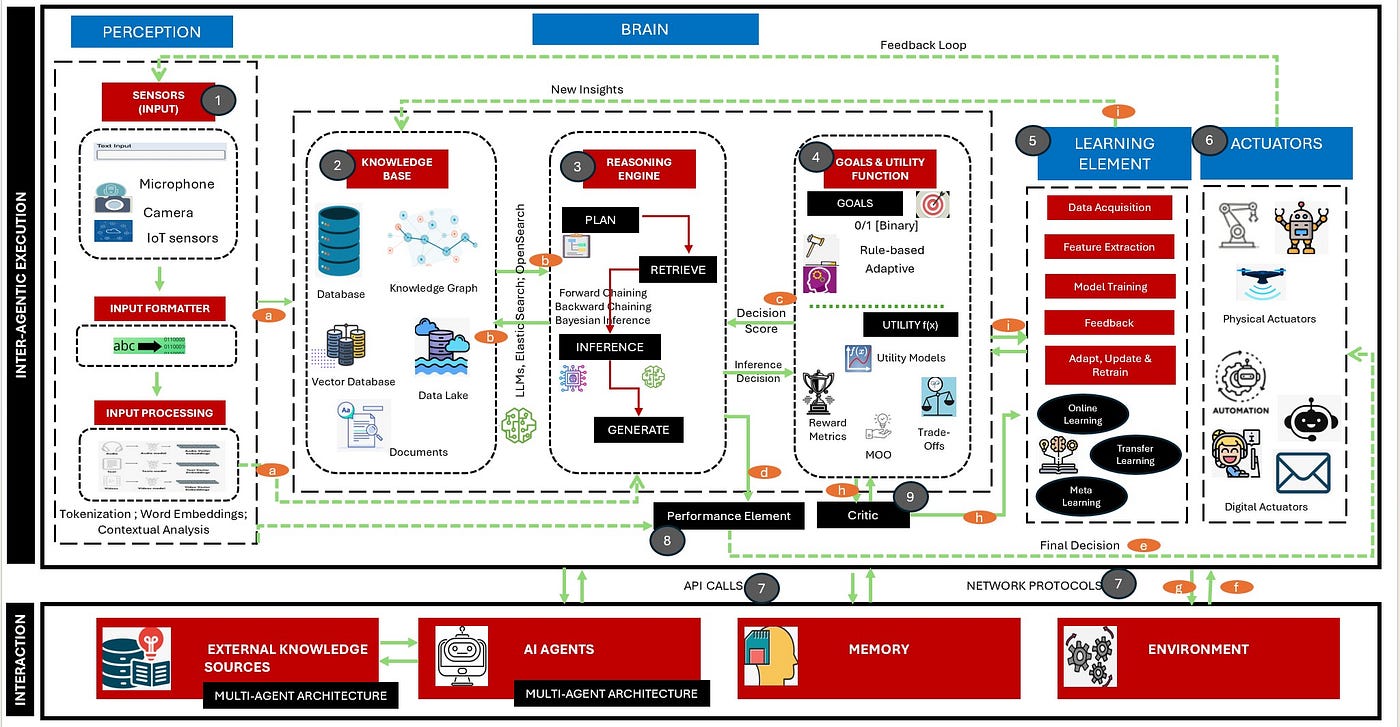Every AI demo is perfect. Production is where you learn to hate vendors.
Running AI in production? Buckle up. Claude's memory feature broke every workflow that expected stateless responses. OpenAI's voice API demos like magic but disconnects when your customer says "um" too many times. Google changes Gemini's personality without telling anyone and suddenly your content pipeline starts writing gibberish. DeepSeek costs nothing, which is exactly what you should expect to get when it breaks.
Here's what actually breaks and what it means for your AI strategy (hint: maybe don't update everything at once).
Claude's Updates Keep Breaking Things

Anthropic keeps pushing updates that sound cool but fuck up working systems. Context memory? Great idea until your chatbot starts mixing up customers. Spent 3 hours debugging why Claude 3.5 was telling Customer A about Customer B's order details. Checked our Redis cache, session management, even blamed our load balancer. Turns out Claude's new memory was bleeding conversations together. Their migration guide? Silent about this bullshit, naturally.
Finding docs on how to disable these "helpful" features? Good fucking luck. Claude also randomly decided files over 10MB are evil, throwing cryptic errors like RATE_LIMIT_ERROR when you hit the undocumented size limit. OpenAI accepts bigger files but Claude's paranoid security actually works.
Claude won't leak your customer data, which is nice. But it'll also refuse to write a simple email template because it might be "manipulative." Pick your poison: safe but stubborn, or powerful but risky.
OpenAI's Voice API: Amazing When It Works

OpenAI's Realtime API is black magic when it works. Built voice interfaces that feel like Star Trek - until they hang up mid-sentence with zero error message. Their docs show perfect scenarios that never happen in real life. Demo perfect, production disaster.
OpenAI loves nuking features without warning, then pretending they're listening when enterprise customers rage quit. Don't build your core product on features that vanish overnight. Anthropic at least tells you 6 months before they break your shit.
Voice quality? Incredible. Voice bills? Heart attack material. One customer who can't figure out how to hang up costs $150 in API fees. OpenAI's pricing calculator won't warn you about the edge cases because they want you to learn the hard way. Set timeouts or explain to your CFO why the AI budget bought a used Tesla. Enterprise billing guides don't mention the gotchas.
Gemini's Context Window is Both Amazing and Useless
Google's 2-million token context window is the equivalent of a monster truck for grocery shopping. Sounds badass, costs a fortune, and you never actually need it. Most real queries fit in 50K tokens anyway.
Gemini's image generation works fine until Google's content police have a bad day. Same prompt approved Monday, banned Wednesday, because some algorithm had feelings. Their safety docs are vaguer than a politician's promises. When it breaks? Pray to the Google gods because no human will help you.
Benchmarks love Gemini 1.5 Pro. Real math? Not so much. Watched it calculate 15% of $1000 as $1500. Either Google's teaching new math or their model thinks percentages work differently in Silicon Valley. Test your actual use cases because benchmarks are corporate fairy tales.
DeepSeek: Too Good to Be True?
DeepSeek's pricing is either genius or money laundering. $0.56 per million tokens when Claude charges $15? Either they're burning VC cash or there's a catch I haven't hit yet. Spoiler: there's always a catch.
Code quality is weirdly good - sometimes better than Claude for complex algorithms. Open-source weights mean you could self-host if you hate AWS bills. But support? GitHub issues from 3 weeks ago with tumbleweeds in the comments.
Perfect for throwaway experiments where you don't care if it randomly stops working. Their docs are fine until you need the enterprise stuff that doesn't exist. Great until it breaks, then you're googling "DeepSeek alternatives" at 2am.
What This Actually Means for Your AI Strategy
Stop hunting for the "perfect" model - it doesn't exist. They all fail in spectacular, expensive ways that their marketing teams forgot to mention. Here's the production reality:
Claude plays defense beautifully but charges enterprise prices for hobbyist reliability. GPT-4 delivers magic when it works, but the bills arrive like heart attacks and the uptime promises are suggestions. Gemini benchmarks like a champion but Google treats it like a research project with real customer data. DeepSeek costs nothing because when it breaks, you get exactly the support you paid for.
The winning move? Multi-model routing with realistic expectations. DeepSeek handles the garbage queries that don't matter. Claude processes anything involving real customer data or money. GPT-4 gets the complex reasoning when you can afford the inevitable $500 bill surprises. Gemini goes nowhere near production unless you enjoy explaining service outages to executives.
Always have fallbacks ready, because your primary model WILL die during your most important demo. Murphy's Law applies double to AI vendors who think "beta" is just a marketing term.
Those industry benchmarks selling you on perfect accuracy scores? They're measuring lab conditions, not production chaos where customers type "fix my shit" and expect actual solutions.
